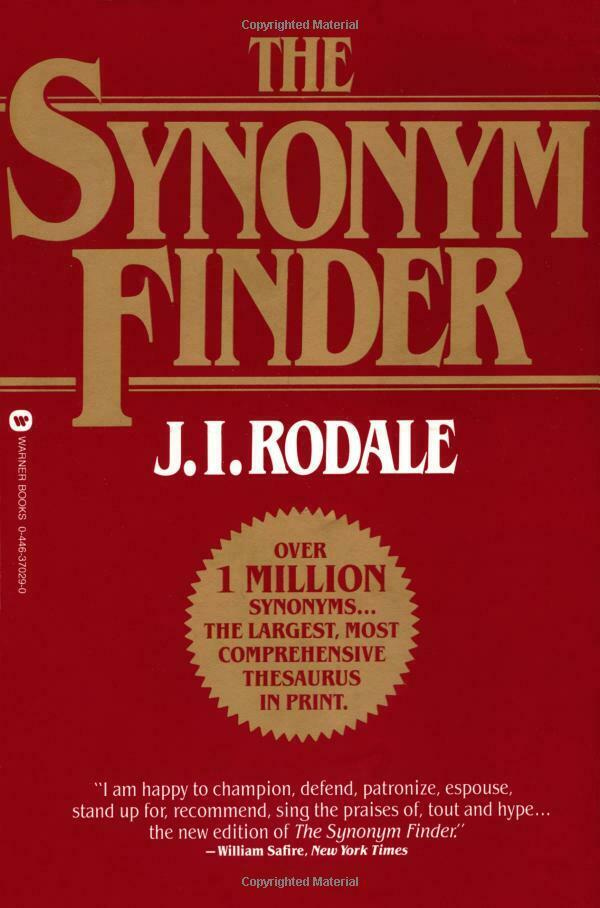Pocket Geiger Counter
Affordable radiation detector
I’ve had this pocket geiger counter for a while, and I have not used it much. I took it out recently to check its battery just in case. The unit is made to check for radioactivity in industrial or geological uses, like testing scrap metal from unknown sources, old Uranium glazes on pottery, or possibly contaminated waste sites. The device clicks satisfyingly clearly when it detects three types of radiation. It’s bigger than a pocket, but much smaller than the old fashioned vacuum tube variety. It runs off an 9-volt battery.
This device is not sensitive enough to detect natural background radiation, or radiation drift in the atmosphere, or mild exposure on clothing, say. The device has to be very close to the radioactive source. It would have had trouble detecting the radiation during the accident at Chernobyl 500 meters outside of the plant itself. To measure the radiation in uranium ore, for instance, the device has to be just about touching the rock. Stuff has to be significantly “hot” to register, but this is the stuff worth worrying about.
As you might expect, you can’t buy one anywhere at the moment (immediately after the Fukushima incidents). But they will be back.
UPDATE: This device is a little bit more sensitive than your classic hand-held geiger counter, and cheaper, and also smaller. It’s a good bargain. But geiger counters in general as not extremely sensitive. They can be made more sensitive by wiring them up to count “hits” over hours, days, and weeks instead of per second. See, for example, the Sparkfun geiger kit.
03/28/11Excerpt
Specs:
Operating Range:
0 to 10 mR/hr range on analog meter.
Beeping at 20 mR/hr Continuous Tone at 200 mR/hr.
Sensitivity:
Detects Beta at 35 keV with 90% efficiency
or at 1,000 keV with 100% efficiency
Detects Gamma down to 6 keV at 25% efficiency
or to 35 keV at 90% efficiency
or to 100 keV at 100% efficiency
UNDX-1 Pocket Geiger Counter $300









